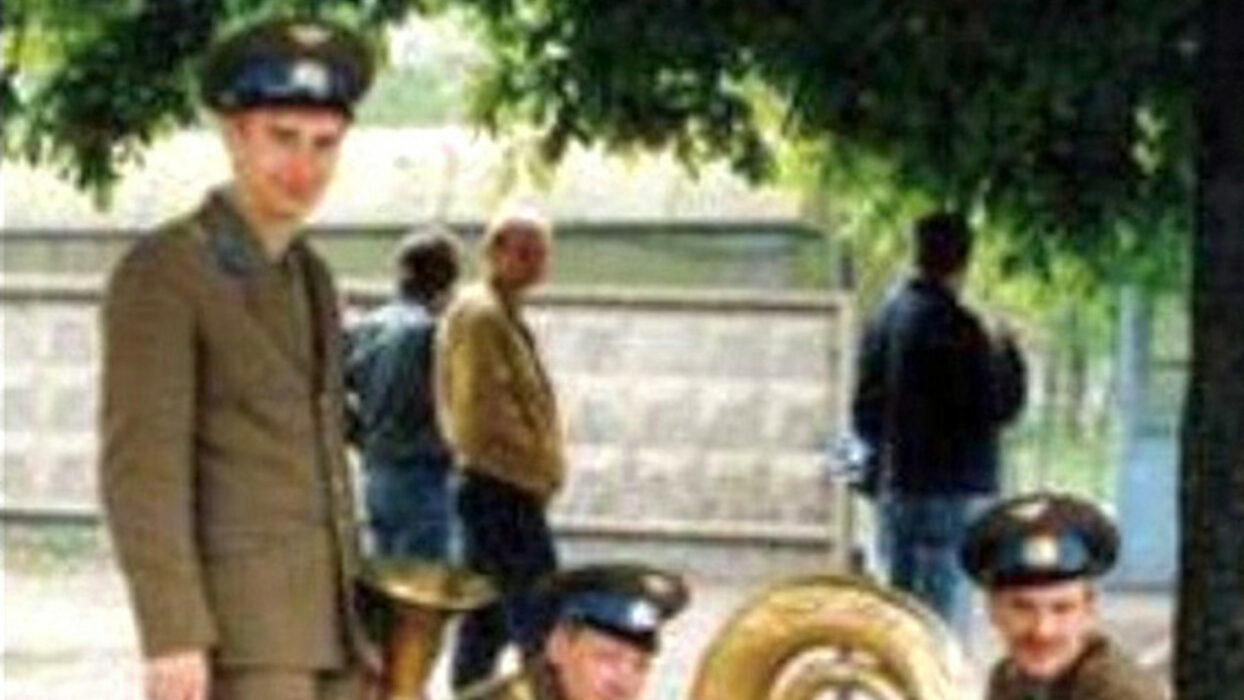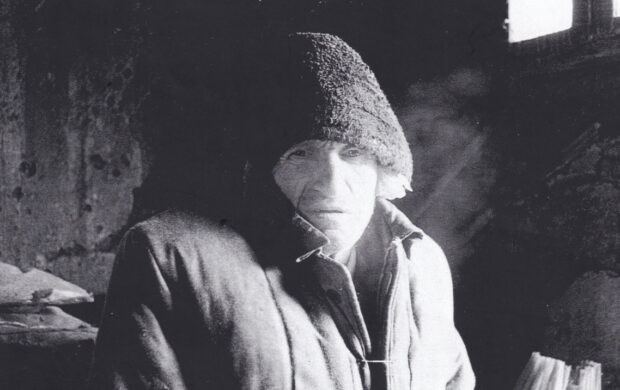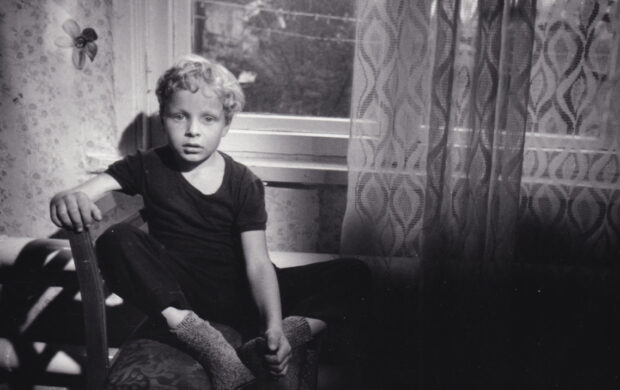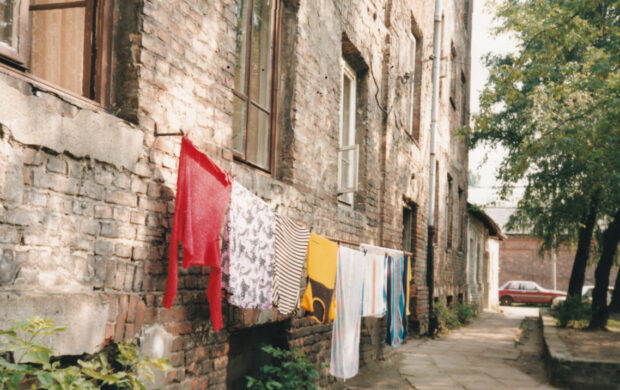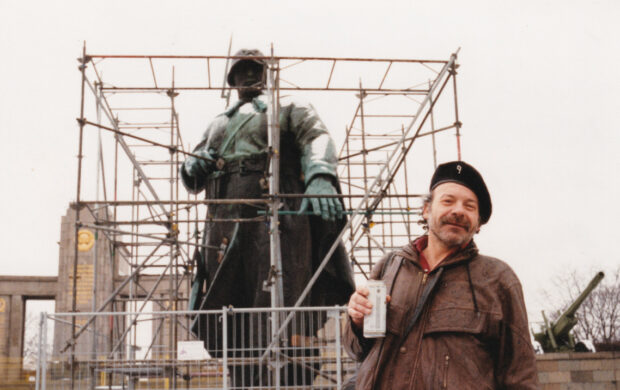Lange nach der Schlacht
Long after the Battle
Longtemps après la bataille
- 1995
- Germany
- 214 minutes
- German; Russian
For almost four years, the filmmakers observed the small village of Altes Lager, at the time the ex-Soviet troops were being withdrawn from the military base where up to 20 000 Russians had been stationed for almost fifty years. The film shows how Russians and Germans had to live side by side without ever really getting to know one another, as behind their mythical friendship lay a real culture shock. The film traces the ruptures in the destinies of different individuals after the camp’s closure, and their inner development: Oxana and Sacha settle in California, Vitali and his son apply for political asylum in Munich, Ravil, Vladimir and Miskail return to Russia where they find themselves without work and shelter. As for the villagers, they were first relieved to see “Big brother” leave – and then the economy collapsed… In the meantime, some 1000 Mennonite (Russian of German origin) refugees had arrived at the camp. The stories told recall the history of the Cold War, Stalinism, displaced populations, the East-German state and bring out the strange dialectic whereby the former victors have themselves now become the vanquished.
- Production : Brandenburger Filmbetrieb
- Editing : Eduard Schreiber
- Sound : Uwe Haussig
- Photography : Sebastian Richter
